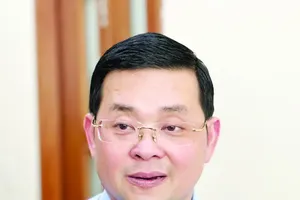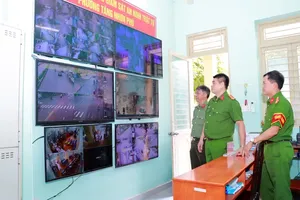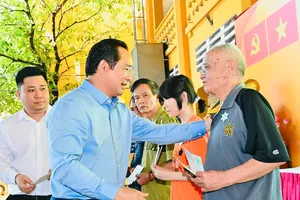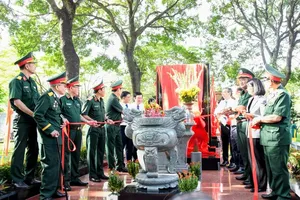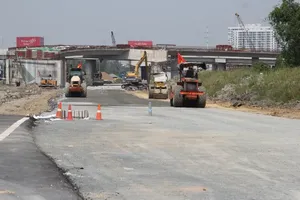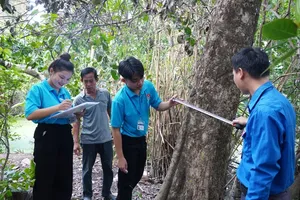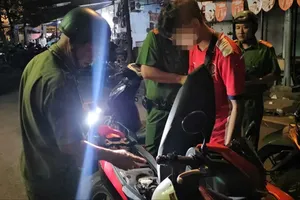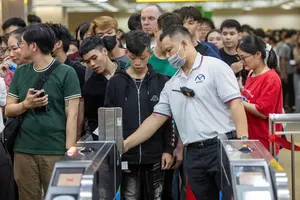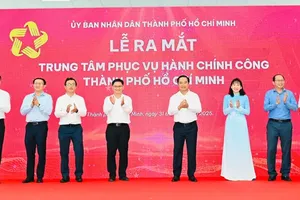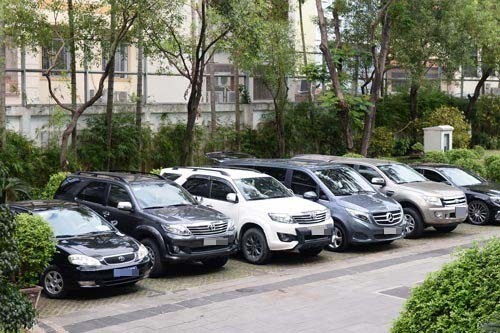
The city will transfer all public cars to the Voluntary Youth Public Benefit Service Company (BESCO) for management and rental.
The pilot will begin in five State agencies and units, including the city People’s Committee Office, Department of Finance, People’s Committees of Binh Thanh and Binh Chanh districts, and the city’s Food Safety Management Board.
Public vehicles with their drivers, escorts and security forces will be transferred to the company, and then departments, districts, and suburbs will rent cars and drivers.
Two cars will be arranged for each unit under a Government decision on the management and use of cars in State agencies and units.
The agencies and units must sign monthly car rental contracts with the company. During the pilot period, 26 cars will be available for use for five units.
BESCO will also arrange 10 cars for 24 hour service to meet urgent needs on weekends, overtime or public holidays. The trips will be charged per journey or by kilometre.
To reserve a vehicle, users will call a reservation centre or use the TNXP CAR phone app or computer via the internet.
The monthly fee ranges from 20 million VND (881 USD) to 28 million VND (1,233 USD) per vehicle. The quota is 2,000 km per month per vehicle.
The salaries of drivers, escorts and security forces will be approved by the city’s Department of Finance.
Hoan told Nguoi Lao Dong (Labourer) newspaper that the pilot would save money for the city budget and improve the welfare and income of those working for the city government.
HCM City has an excess of around 700 public cars, most of them old and damaged. Each year, the city pays a great deal of money to maintain and repair public cars.
Currently, each agency manages 5-8 cars at a cost of about 15 million VND (660 USD) per car per month. Each unit has only two cars, with a cost of 20 million VND (881 USD) per car per month.
With the pilot, the city expects savings of more than 100 million VND (4,404 USD) per month, equivalent to over 1.2 billion VND (52,842 USD) each year.
Further savings will occur because of reduced spending on new car purchases.
The city’s old vehicles will be revoked and proceeds from sales will be remitted to the State budget.
Vietnam has about 34,241 public cars, each of which costs around 320 million VND (14,091 USD), equivalent to 13 trillion VND (572 million USD) a year.
The Government plans to reduce the number of public cars in the country to 30-50 percent by 2020, which is expected to save the state budget about 3.4 trillion VND (150 million USD) per year.
The pilot will begin in five State agencies and units, including the city People’s Committee Office, Department of Finance, People’s Committees of Binh Thanh and Binh Chanh districts, and the city’s Food Safety Management Board.
Public vehicles with their drivers, escorts and security forces will be transferred to the company, and then departments, districts, and suburbs will rent cars and drivers.
Two cars will be arranged for each unit under a Government decision on the management and use of cars in State agencies and units.
The agencies and units must sign monthly car rental contracts with the company. During the pilot period, 26 cars will be available for use for five units.
BESCO will also arrange 10 cars for 24 hour service to meet urgent needs on weekends, overtime or public holidays. The trips will be charged per journey or by kilometre.
To reserve a vehicle, users will call a reservation centre or use the TNXP CAR phone app or computer via the internet.
The monthly fee ranges from 20 million VND (881 USD) to 28 million VND (1,233 USD) per vehicle. The quota is 2,000 km per month per vehicle.
The salaries of drivers, escorts and security forces will be approved by the city’s Department of Finance.
Hoan told Nguoi Lao Dong (Labourer) newspaper that the pilot would save money for the city budget and improve the welfare and income of those working for the city government.
HCM City has an excess of around 700 public cars, most of them old and damaged. Each year, the city pays a great deal of money to maintain and repair public cars.
Currently, each agency manages 5-8 cars at a cost of about 15 million VND (660 USD) per car per month. Each unit has only two cars, with a cost of 20 million VND (881 USD) per car per month.
With the pilot, the city expects savings of more than 100 million VND (4,404 USD) per month, equivalent to over 1.2 billion VND (52,842 USD) each year.
Further savings will occur because of reduced spending on new car purchases.
The city’s old vehicles will be revoked and proceeds from sales will be remitted to the State budget.
Vietnam has about 34,241 public cars, each of which costs around 320 million VND (14,091 USD), equivalent to 13 trillion VND (572 million USD) a year.
The Government plans to reduce the number of public cars in the country to 30-50 percent by 2020, which is expected to save the state budget about 3.4 trillion VND (150 million USD) per year.

